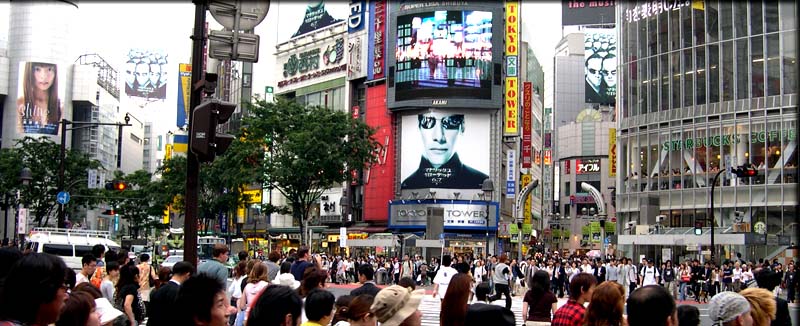Having bought a home for sale in the past, you may think you have experience with the real estate market - perhaps even enough to buy or sell real estate in Southeast Asia. But the reality of the situation is that real estate markets are always changing. Day by day, week by week, month by month. Each city's market is also both independent of and dependent on all of the others, so what's true for one location may not be true of the next. To help you understand market trends, here are some common real estate market situations.
Buyer's Market
If you're planning to shop for a new home, the best time to do it is during a situation known as a buyer's market. In this situation, there are more homes available for purchase than there are people who want to buy them, giving purchasers the upper hand in negotiations. Prices are relatively cheap. Buyer's markets can be caused by local economic losses, such as a major factory closing down, and can last a long time if the city is not able to recover.
Seller's Market
A seller's market situation is the opposite. In this scenario, there are more buyers looking to move into an area than there are houses to buy. This can lead to situations in which several buyers are in a bidding war over one piece of real estate. In a seller's market, sellers have the advantage and prices are much higher. Seller's markets occur in cities that are experiencing an economic boom, which for many cities is all the time.
Bubble
Sometimes you will hear real estate agents talking about a real estate bubble. A bubble occurs when there is a spiraling increase in home values and prices that is not supported by the amount of money available in the area. Demand spikes the prices but eventually the lack of actual money catches up, the bubble bursts, and home prices plunge, sometimes ending up lower than the pre-bubble baseline. It's not a good idea to buy a home during a bubble but it's a great time to sell if you're moving away.
Recession
Unfortunately, recessions are all too common in this day and age. In cities where the economy is struggling, many people don't have enough money to afford their mortgage anymore. This leads to a lot of short sales and foreclosures, which is good in the short term for buyers but bad in the long run because there are few opportunities for the new buyers to earn money to pay their mortgages either. Climbing out of a recession is a gradual process, with a slow climb in month-by-month real estate statistics over several years.
Aseaneconomy.com is made possible through sponsorship from companies like Sunrise Kids Dental - learn more about pediatric dentistry. Thank you!
| 